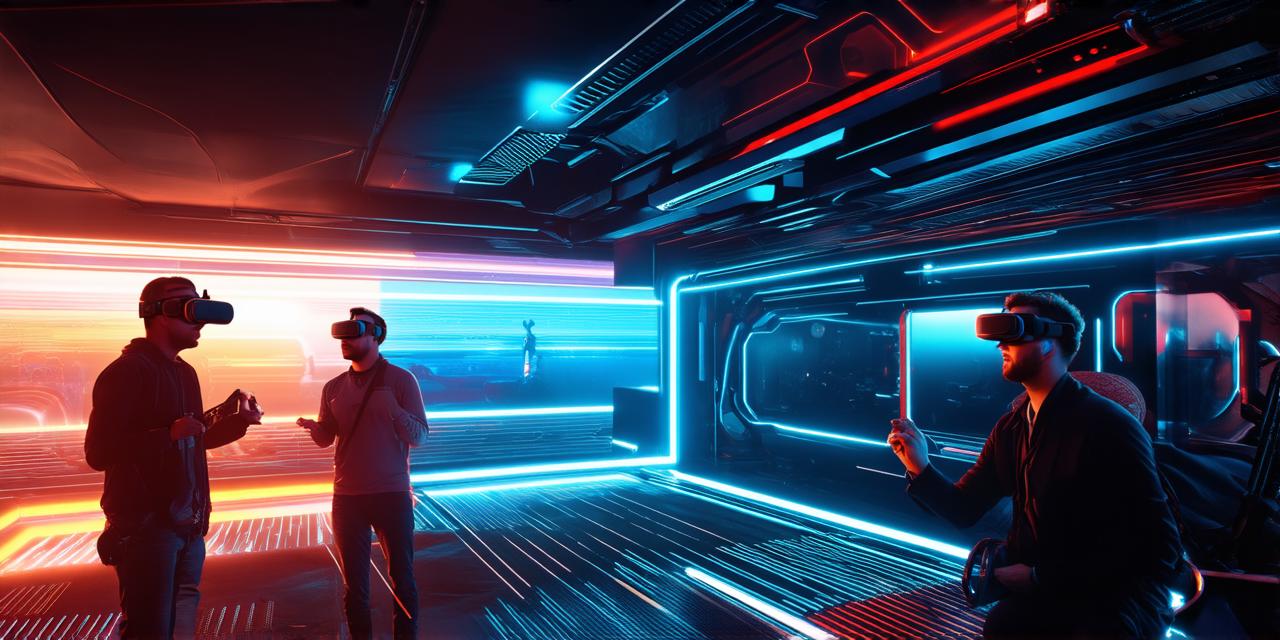
Why should you use VR?
Virtual reality (VR) is a technology that allows you to experience computer-generated environments as if they were real. It’s an immersive and interactive way to explore new worlds, try out products before you buy them, and even have virtual conversations with friends and family.
In this article, we will discuss some of the reasons why you should use VR.

Table of Contents
Toggle1. Immersive Experience:
One of the main reasons people use VR is for its immersive experience. With VR, you can feel like you are in a completely different world. You can explore new environments, meet new people, and try out things that you may not have the opportunity to do in real life.
This can be particularly useful for education or training purposes, where you want to simulate real-world scenarios without the risk of injury or damage to equipment.
2. Interactive:
VR is also highly interactive. You can interact with virtual objects and environments in ways that are not possible in the physical world. For example, you could pick up a virtual object, throw it, or even push against virtual walls and floors.
This level of interaction makes VR a great tool for product testing and prototyping.
3. Cost-effective:
Using VR can be much more cost-effective than traditional methods of product testing or training. By simulating real-world scenarios in a virtual environment, you can save money on equipment, materials, and other resources that would have been required for physical testing or training.
In addition, VR allows you to repeat tests and experiments as many times as you need without the risk of injury or damage to physical objects.
4. Accessible:
VR technology is becoming more accessible every day. With advancements in hardware and software, it’s now possible to use VR on a wide range of devices, including smartphones and tablets.
This means that people from all walks of life can experience the benefits of VR, regardless of their technical expertise or financial situation.
5. Health Benefits:
Finally, there are numerous health benefits associated with VR technology. For example, VR has been shown to help alleviate anxiety and stress, reduce symptoms of PTSD, and even improve balance and coordination in older adults.
By using VR, you can potentially improve your physical and mental health while also having fun.
In conclusion, VR technology offers a wide range of benefits that make it an excellent tool for education, training, product testing, and more. With its immersive experience, interactivity, cost-effectiveness, accessibility, and health benefits, there are plenty of reasons why you should consider using VR in your daily life.

